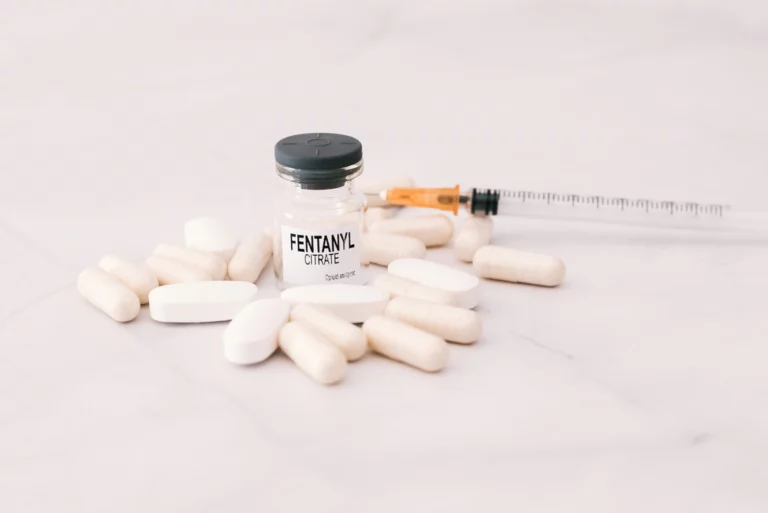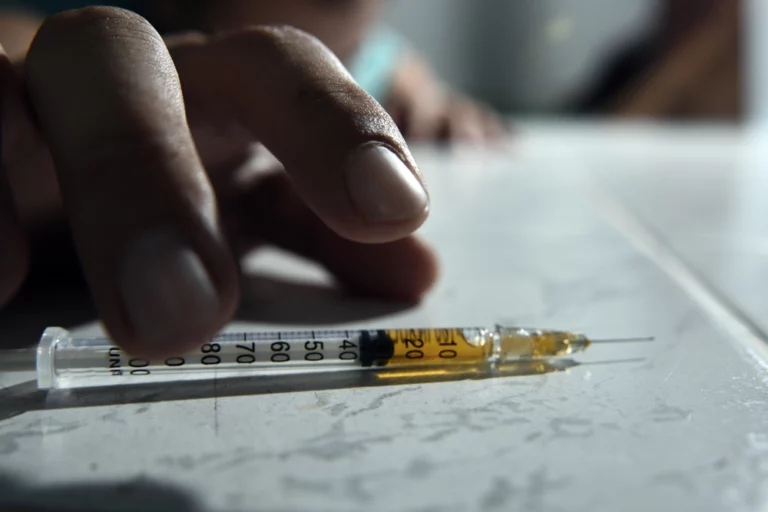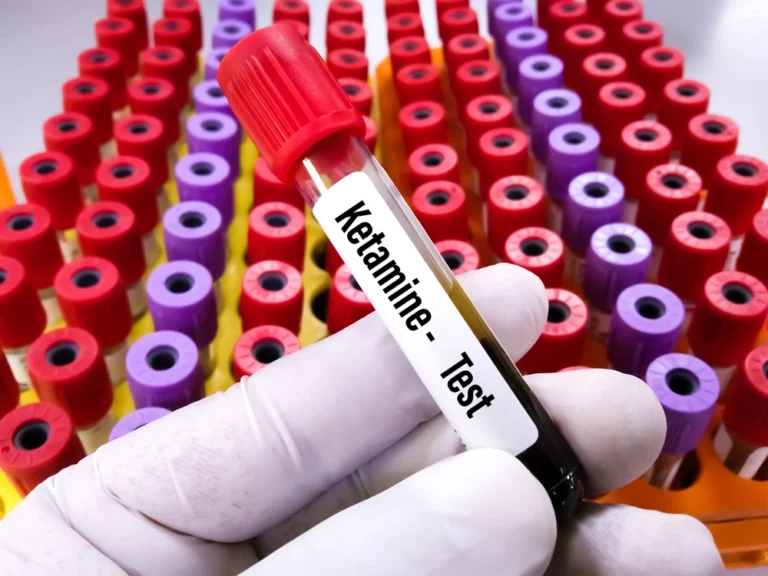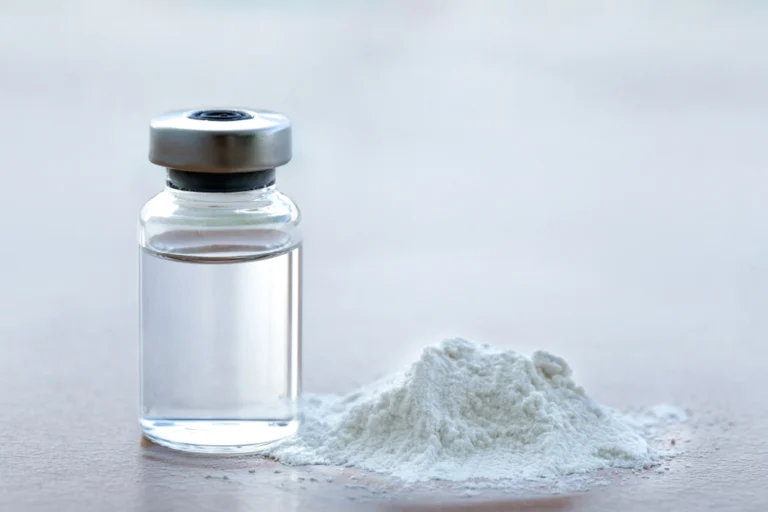Dating an Alcoholic: Is it Worth it & How to Cope
Dating an alcoholic can have a negative impact on your physical and mental well-being. Even if you are in a healthy and harmonious relationship, worrying about someone’s long-term health can be detrimental. Not every person who drinks has an alcohol problem, therefore it is important to be aware of the signs of alcohol addiction. Here are some of the most common signs to look out for and actions you can take to help both yourself and your partner.
Signs You’re Dating an Alcoholic
It’s hard to be certain if your partner is an alcoholic since alcohol use ranges from high-functioning alcoholism to alcohol abuse. Personality alterations while drinking, not appearing inebriated after consuming copious amounts of alcohol, and a history of alcohol abuse in their family are all signs that you’re dating an alcoholic. The following are also indicators:
- Often drink alone
- A significant amount of time is spent drinking
- Social life revolves around alcohol
- Drinking causes personality changes
- They can drink large amounts without becoming intoxicated
- Drinking interferes with personal or professional life
- Legal issues such as DUI charges or disorderly conduct arrests
- Make any excuse possible to drink
- Become agitated when not drinking
- History of alcoholism or drug addiction in the family

How Does Dating an Alcoholic Affect You?
It is critical to keep in mind that your loved one’s alcohol use is negatively impacting you and your relationship, in addition to how it affects them. It is not uncommon for significant others of alcoholics to experience negative consequences themselves, particularly if you have recovered from alcohol or substance abuse yourself.
An individual’s drinking behavior can strongly affect their partner’s habits, particularly in the early stages of a relationship. This is particularly true for young people who are usually more prone to it. However, it’s critical to keep an eye on your own actions and how your partner’s behavior impacts you. You should especially pay attention if you or your family has a history of substance abuse or drinking. It may not seem dangerous to consume alcohol with your partner on a single occasion. However, if you establish a pattern of consuming together, it may remain for the duration of your relationship, resulting in health problems.
If you and your partner don’t have the same routines, you may find yourself with the opposite issue. As their drinking increases and you worry about their health, you may begin to prioritize taking care of them over your own needs. This can happen gradually or suddenly depending on your past experiences. An alcoholic partner may, therefore, trap you in a codependent relationship that is hard to escape.
Research indicates that people in long-term relationships who are dependent on alcohol are more prone to divorce, experience lower relationship satisfaction, and report higher levels of distress. Whether alcohol is the direct cause of this or not, domestic violence appears to be more prevalent when one spouse drinks excessively. As a result, Alcohol Use Disorder (AUD) can have a devastating impact on an entire family. Children with alcohol-dependent parents are more likely to suffer from a variety of psychological problems, and their development is frequently unstable.

How to Cope with Dating an Alcoholic
Remember that you are not alone if you think your partner has a drinking problem. There are a number of ways to deal with dating an alcoholic, including communicating your concerns, taking a step back, setting limits, taking care of yourself, maintaining a routine, and attending a support or therapy group. Here are some additional tips on how to cope with dating an alcoholic:
Communicate
You are an observer of your partner’s life, and as such, it can be helpful to express your observations and concerns about their drinking to them when they are sober and you have scheduled time to have a structured conversation. It is crucial to remain calm, express your concerns clearly, and allow them time to process the conversation. Remember that they may not be receptive to your concerns.
Set Boundaries
Although you care for your significant other, you must establish limitations that make your expectations clear, prevent you from enabling their alcohol use, and keep you both safe. For instance, you might say, “It is up to you whether you consume alcohol, but I will not conceal it or make excuses for you at events.” It may be difficult to establish and preserve these boundaries, particularly for a loved one, but it may help you both.
Take Care of Yourself
Maintaining your personal routine and working on your own goals while dating an alcoholic can be difficult. By taking care of yourself, maintaining a sense of normalcy, and being yourself, you are giving yourself the space to be your true self. You must not lose yourself in your partner’s addiction and recovery process.
Practice Coping Skills
When you don’t maintain boundaries or step back, you might experience anger, bitterness, frustration, or anxiety. These emotions might be fueled by stress and may be difficult to deal with. Learning to recognize triggers, recognize your emotions, and calm yourself down may help you improve your emotional regulation and peace of mind. Coping skills include breathing exercises, journaling, listening to music, and affirmations.
Find Support in Loved Ones
According to research, people in long-term relationships with alcoholics can become disconnected from family and friends. Having a loved one or trusted individual listen to your situation and emotions can offer you the support you need. This can also be beneficial if you’re planning to leave a toxic relationship or if their alcohol consumption gets worse.

Attend Couples Therapy
Couples therapy can help you and your partner communicate more effectively. It may also help you understand how you express your emotions to each other, fight with each other, and more. Working with couples may help you both process your feelings about alcohol use, work towards harmony, and adopt healthier habits on your own and with each other.
What You Should Do if You’re Dating an Alcoholic
The greatest challenge in dating an alcoholic is that you might be unable to assist the individual. You can attempt a variety of things, but unless your significant other is prepared to accept assistance, you may be fighting a losing battle. It is easier to cope with a loved one who is drinking excessively if you understand that alcoholism is a health condition rather than a weakness.
You may also attend Al-Anon or a similar support organization for family members of alcoholics to learn more about alcohol use disorder (AUD) or confront your partner about his or her drinking if you have not already done so. You may also raise the issues caused by alcohol without accusing him or her. The best thing you can do to help yourself and your partner is to provide options, be supportive, and follow through on any consequences you propose.
What You Should Not Do When Dating an Alcoholic
There are also some things you should avoid as you support your loved one with a drinking problem. The most crucial thing to avoid is becoming codependent. Your partner’s life becomes your focus to the detriment of your own safety and well-being when you become codependent.
You over-obsess about his or her actions or behavior and become obsessed to the point that it interferes with your life. You can’t force your partner to get help for their drinking problem, so it’s pointless to obsess about helping someone who does not want it. The only thing you can control is your own life, so obsessing about helping someone who doesn’t want help does no good.
It’s also crucial not to hold yourself responsible for your partner’s actions. You are the only one responsible for yourself. Additionally, don’t enable your partner’s drinking habit by buying alcohol for them or making excuses for their bad behavior. Lastly, refrain from shouting at them, threatening them, or forcing them to seek treatment. Remember that they must seek treatment on their own and accept that they require help.

When is it Time to Get Them Help?
The line between occasional alcohol use and alcohol abuse can be difficult to determine if your significant other is high functioning. Even if they’re high functioning, they might still benefit from seeking therapy; you must seek medical attention if you suspect your significant other of having an alcohol use disorder (AUD). If you notice your significant other exhibiting symptoms of alcoholism, seek mental health assistance. You must leave the situation immediately if your significant other is abusing you emotionally, physically, sexually, or in any other way.
Treatment for Alcoholism
A detoxification program is often the first step in an alcohol withdrawal treatment program. Detoxification typically takes one week to complete and occurs in either an inpatient treatment facility or a hospital. They may be given medications to help prevent dangerous or uncomfortable symptoms and cravings as a result of alcohol withdrawal.
After detoxification, They’ll begin rehabilitation. They’ll receive a variety of therapies and treatments to help them deal with alcohol cravings and triggers during rehabilitation. During this stage, they’ll also learn coping skills that can be used after they leave rehab to deal with everyday situations. Depending on their alcoholism’s severity and the treatment specialist’s recommendation, they may receive treatment either inpatient or outpatient.

Once you finish the rehab phase, you will begin to reacclimate to daily life. It is crucial to take it slow when returning to daily life. Group meetings like Alcoholics Anonymous or Al-Anon, in which individuals recovering from addiction support one another, are an excellent way to make lifestyle changes and maintain sobriety.
Alcoholism Treatment at Louisville Recovery Center
At Louisville Recovery, individuals with Alcohol Use Disorders may receive care, support, and comprehensive treatment. Treatment is crucial for a multitude of reasons, including providing information about substance addiction, helping people to withdraw safely, addressing the root cause of addiction, and developing healthier coping, stress management, and relapse prevention skills so that they may remain abstinent.
Treatment is offered via a range of settings and levels of care, based on your personal recovery needs and concerns. If you or a loved one require alcohol addiction treatment in Louisville or the surrounding area, contact Louisville Recovery Center today. We are ready to assist you today.







